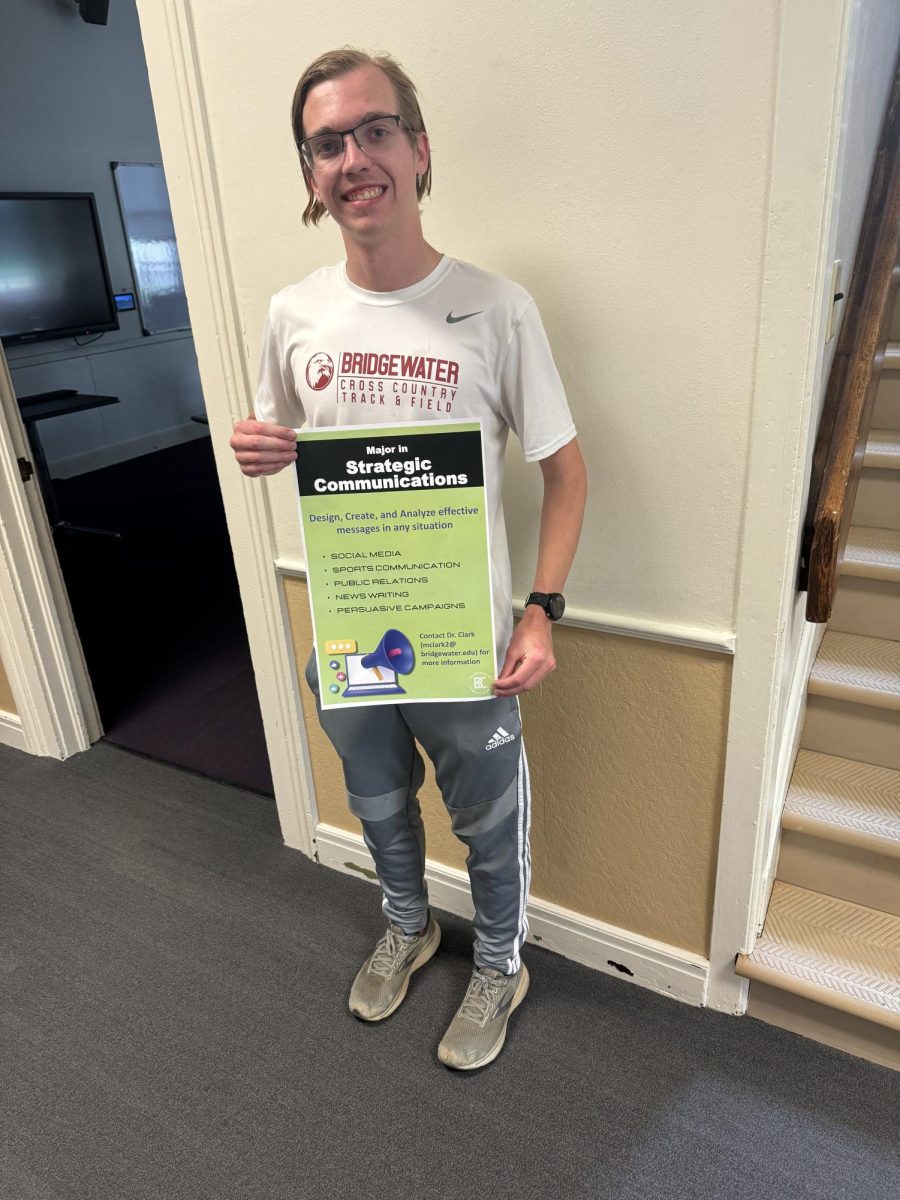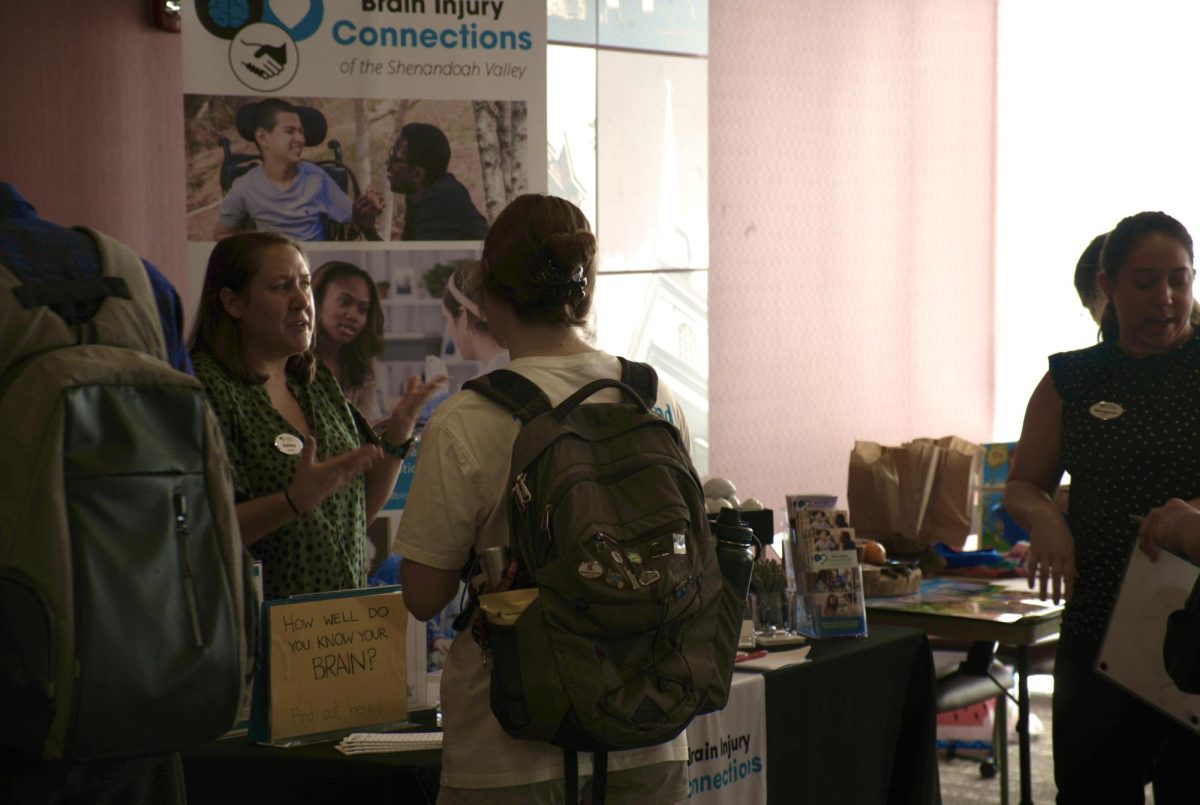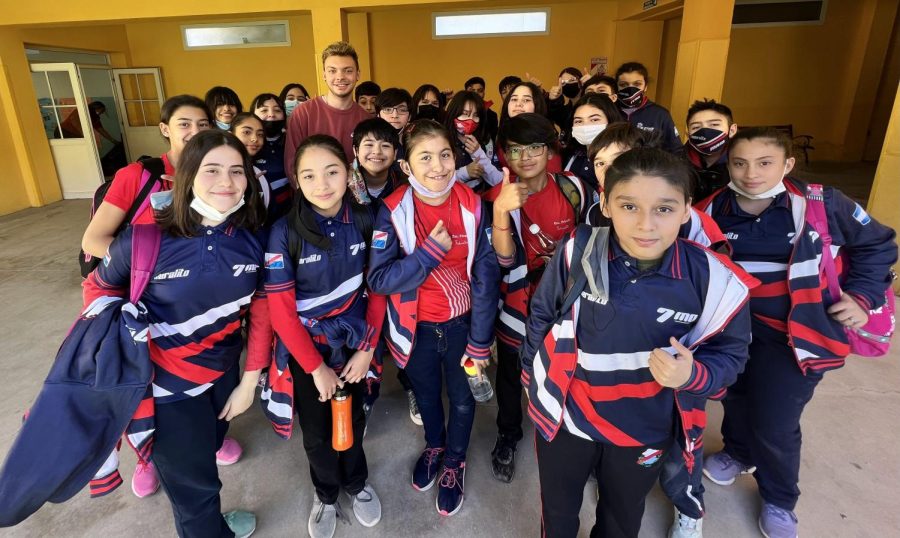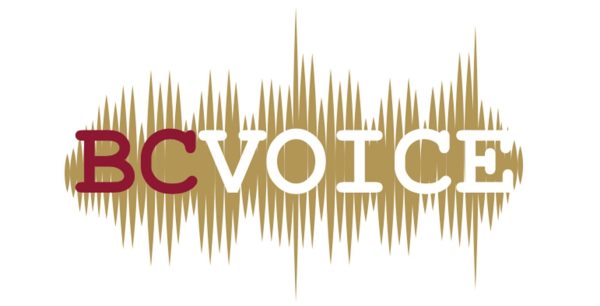Learning a Second Language Will Change Your Life
The people you meet along your language learning journey are some of the most incredible parts of the experience. Teaching English at Escuela Privada Federalito in La Rioja, Argentina not only improved my language skills, but was the ultimate immersion experience.
September 13, 2022
The majority of Europeans speak more than one language. In certain countries including Luxembourg, Latvia, the Netherlands and Malta, more than 90% of the respective populations speak a second language in addition to their mother tongue.
Almost every Luxembourger speaks four languages: Luxembourgish with the locals, French in government business, German as an official language and English in schools.
Indonesia is the most trilingual country in the world, with much of the population speaking Bahasa Indonesia, a regional language and English. Also, South Africa has 11 official languages including Afrikaans, English, Ndebele, Pedi, Sotho, Swati, Tsonga, Tswana, Venda, Xhosa and Zulu.
What do these countries all have in common? They can better connect and communicate with their own population and the surrounding cultures.
Comparatively, 23% of people in the United States speak two or more languages, meaning that three fourths of the population are monolingual. This makes sense, as it is rather easy to live life in the United States only speaking English.
However, for me personally, that is not enough. The opportunities and experiences I have had due to being multilingual has changed my life.
If I had never learned another language, those experiences would never have been possible for me. I would have never been able to meet the people along the way who now are such a big part of my life.
Learning a language is not just about reading, writing, comprehending and speaking. It automatically connects you with millions of other speakers that you would have never met otherwise.
Still not convinced? Here are some additional reasons why learning a new language is beneficial.
1. Knowing a foreign language improves your decision-making ability.
It is scientifically proven that people are less persuaded by emotional factors when thinking in their foreign language. People are more likely to make decisions using their brain rather than their heart. This is certainly useful for people who have difficulty making decisions or act too impulsively.
2. Speaking multiple languages boosts your confidence.
From the same study that proved language acquisition improves your decision-making ability, it is also proven that there is a strong correlation between confidence and language. I can attest to the fact that speaking in Spanish or Portuguese makes me feel confident and gives me more drive and purpose.
3. Learning another language creates opportunities for you.
Whether it be professionally, academically or personally, speaking multiple languages provides you with different opportunities. Due to speaking Spanish and Portuguese, I have been able to work as a translator, have an international internship and travel to different countries including Nicaragua, Argentina and Brazil.
4. Knowing a foreign language allows you to better connect with the world around you.
If you learn the basics of French, you will better connect with 275 million speakers from 29 different countries. If you study Chinese, you can better form relationships with over 1 billion people worldwide.
Beginning a language journey can be a daunting task, especially if the language is not widely spoken in your home country. However, with enough motivation, it is more than possible.
Here are several personal tips that helped me learn a foreign language:

1. Immerse yourself in the culture
While textbooks and classes can certainly help you gain basic knowledge of a language, it is much more beneficial to connect with native speakers and learn the language more naturally. I meet other speakers on language learning websites and apps, as well as connect with people in the local community.
2. Focus more on grammar rules than vocabulary
In my opinion, learning the grammar of a language is more important than learning the vocabulary. Understanding rules and conjugations first allows you to memorize different vocabulary naturally rather than forced.
3. Study throughout the day rather than in one session
Writing and reading throughout the day is much more beneficial than cramming your language acquisition into a single study session. Jot down your thoughts throughout the day in your target language, listen to a short video and respond to a few text messages.
4. Actively challenge yourself to go out of your comfort zone
While this is the hardest part, it is also the most important step to building your confidence in a foreign language. I have challenged myself with something simple like having a video chat in Portuguese, to something more extreme like spending a month abroad in Argentina and Brazil.
Ultimately, learning a new language can mean different things for different people. Depending on your level of commitment, this could range from memorizing a couple of common phrases to speaking and comprehending confidently in daily conversations.
Connecting, engaging and traveling are the three aspects of language learning that I have enjoyed most. I encourage everyone to choose their level of commitment and begin learning a new language today.



























































